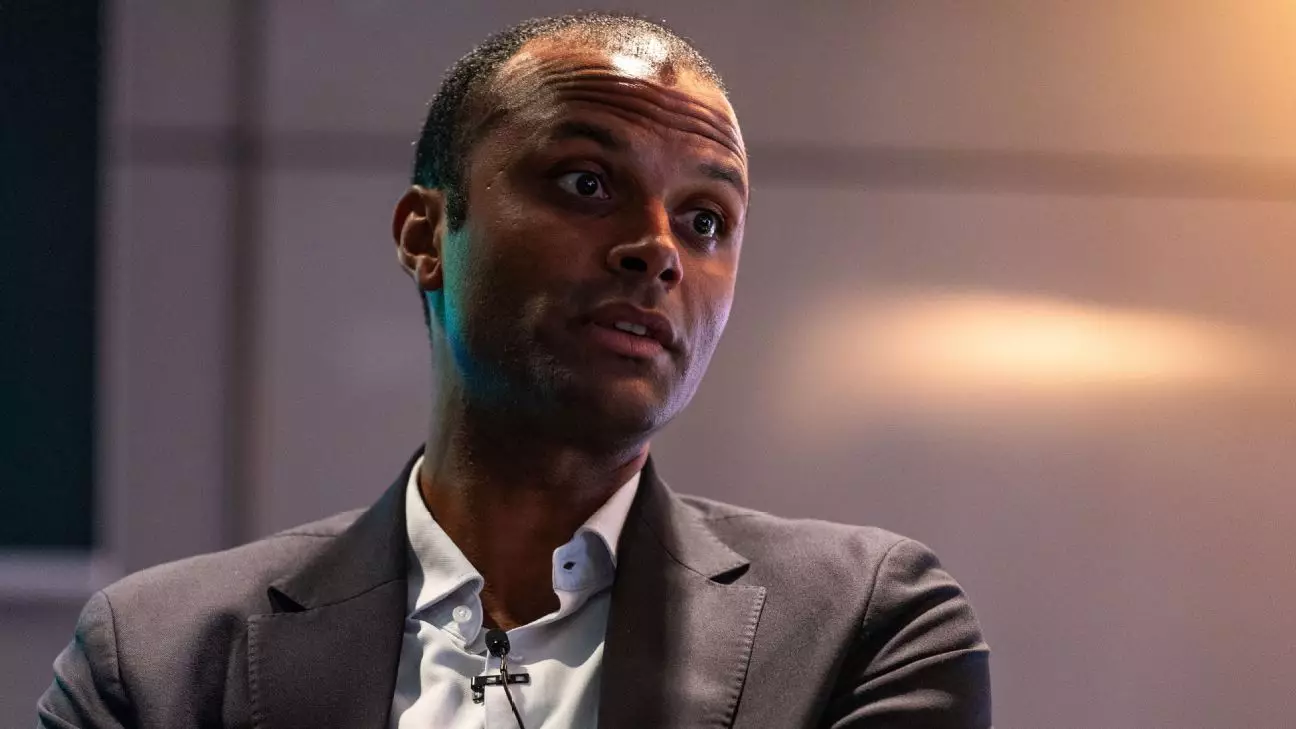Today, let’s read about The Urgent Need for Player Protection in Modern Football.
In recent discussions surrounding the increasing pressures placed on professional football players, Maheta Molango, the chief executive of the Professional Footballers’ Association (PFA), has drawn significant attention to the risks of burnout. With rising concerns about the intensity of player workloads and the potential ramifications for careers, Molango’s insights illuminate a growing crisis in modern football. Stars like Jude Bellingham, Bukayo Saka, and Phil Foden are at the forefront of this debate, embodying both extraordinary talent and the precariousness of their demanding schedules.
Molango emphasizes that elite players, who are often the pride of their respective clubs and nations, require careful safeguarding. Bellingham, Saka, and Foden have all suffered injuries this season, compounded by their exhausting participation in international competitions like the Euro 2024. Their injuries serve as a stark reminder of the physical toll that an incessant fixture list can bring upon young athletes. With clubs and national teams amassing an increasing number of matches each season, the question looms large: how long can these talented individuals endure such relentless demands?
The PFA chief has raised alarms about the implications of a schedule that appears to stretch players to their limits. Compounding the issue is the inaugural FIFA Club World Cup, a new tournament that extends the football calendar significantly, especially for clubs like Real Madrid and Manchester City that are gearing up for extensive engagements well into July.
What’s at stake isn’t just the immediate fitness of players but the longevity of their careers. Molango speaks candidly about the potential consequences of chronic overexertion. He wisely notes that neglecting to protect players can lead to serious physical repercussions later in life, including the need for hip or knee replacements. The toll on the body from consistently participating in back-to-back seasons with insufficient recovery time can be catastrophic, risking the future of these players who should be dominating the game for years to come.
The PFA is also advocating for a necessary reevaluation of current scheduling practices. Molango makes clear, “We should all be careful of protecting those guys who are part of the heritage of English football.” This resonates with fans and stakeholders alike, as the football community rallies to safeguard the gems of the sport.
As frustration mounts, there have been discussions among elite players, including Rodri and Alisson Becker, hinting at the prospect of strike action. This potential upheaval underscores the urgency with which players approach the escalating demands of their profession. Molango highlights how the upcoming Club World Cup, particularly its scheduling just days prior to an international window, exemplifies the challenges facing players and, frankly, the impracticality of existing arrangements.
Rodri’s comments reflect a growing sentiment among footballers that they may be left with no choice but to take radical action if their voices continue to go unheard. A strike would represent a profound moment in football—a rebellion against authorities who seem to prioritize profit over the well-being of players.
The critical dialogue initiated by Molango and echoed by players has resonated with fans and clubs alike. The demand for a more sustainable approach is not merely a reaction to the present struggles but a proactive step toward ensuring a richer, healthier future for the sport. While there may be no immediate solution, the conversation must advance to include a broader spectrum of stakeholders, from leagues to federations, in developing a more manageable fixture schedule that respects the players’ physical and mental health.
Molango urges a paradigm shift in perspective, stressing the need for cooperation in crafting a sustainable way forward. It is about understanding that the welfare of players fundamentally impacts the quality of the game.
Ultimately, the ongoing debate on player welfare highlights a pivotal moment in football history. The future of the sport, and the well-being of its most exceptional talents, hangs in precarious balance. With calls for reform resonating from players and unions, there must be a collective commitment to foster an environment that prioritizes health over relentless competition. If football is to thrive, it must evolve—beginning with the protection of players who undoubtedly are its most valuable assets.

